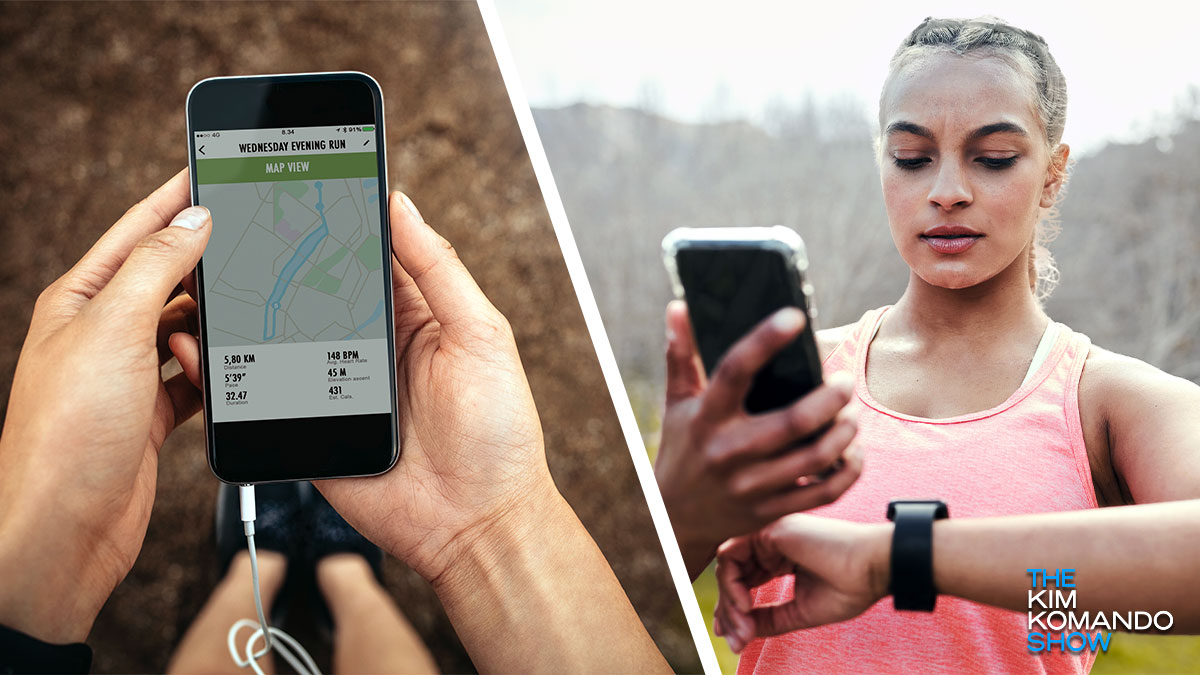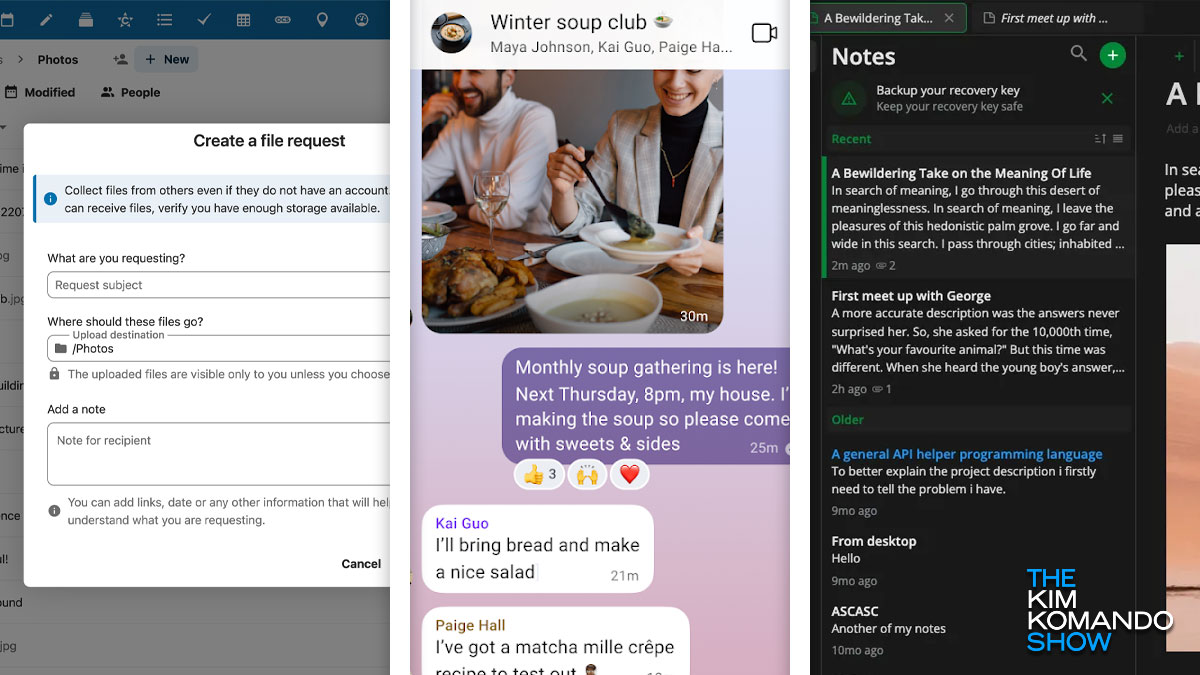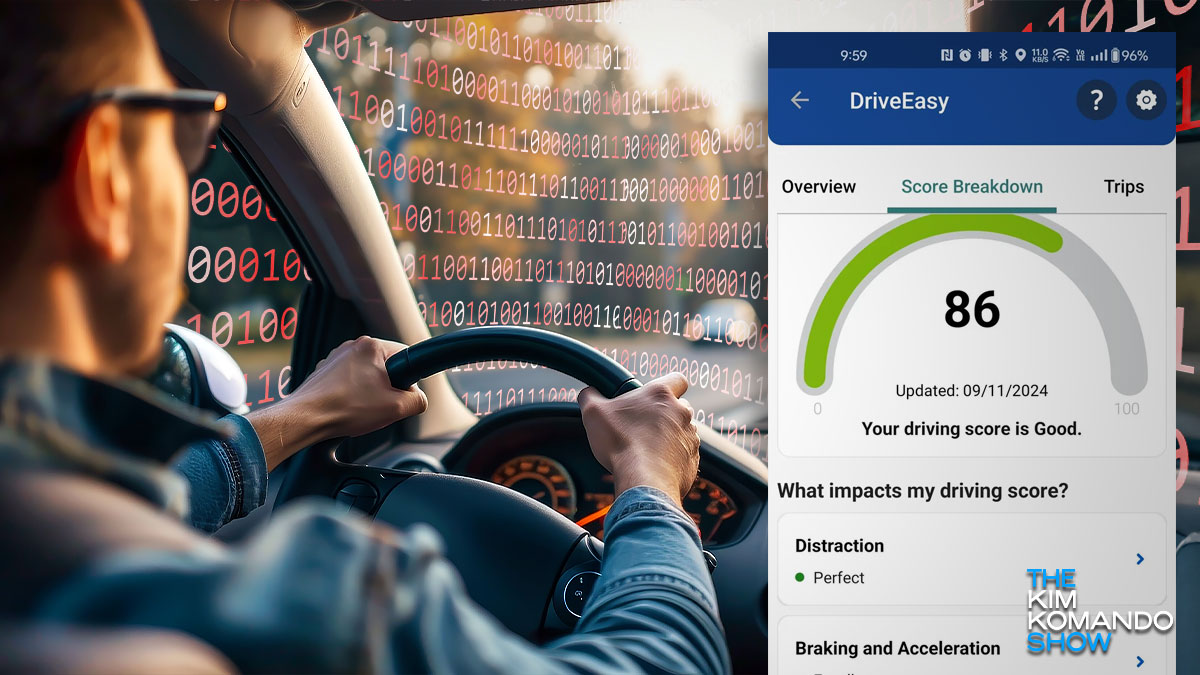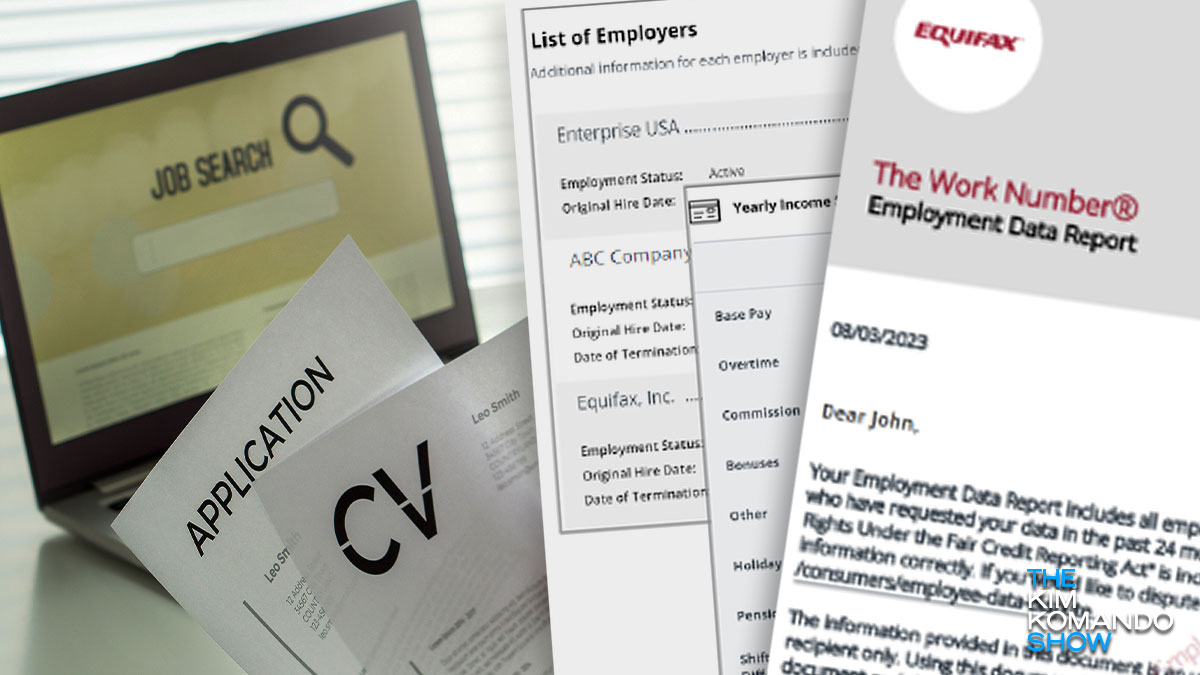👀 For your eyes only: The holidays mean a house full of family, friends and curious little ones. With all the hustle and bustle, get into the habit of locking your computer every time you get up. On Windows, press the Windows key + L. On Mac, hit Ctrl + Cmd + Q.
Fitness apps are selling your privacy – how to protect your data

After a busy week, I love a long run or hike to clear my head. MapMyWalk and AllTrails are my go-to apps for tracking steps and finding new spots to hike. Bet you’ve got your favorites, too. And while you’re sweating it out, those apps are soaking up your data.
About 80% of the top fitness apps share your info with third parties. Don’t stress just yet; I’ve done the heavy lifting to keep your privacy safe.
Counting more than your steps
Fitness app makers aren’t helping you get in shape out of the goodness of their hearts. They make money selling your info to advertisers. Some are way more data-hungry than others.
🥇 Fitbit and Strava (tied): They collect nearly twice as much data as most fitness trackers. Fitbit shares your contact info and email usage data with advertisers. Strava gives away your precise location. Say a few days a week you leave your house, hit a nice trail nearby, stop for coffee and walk home. Anyone with access to that data knows exactly where you are. It’s happened to CIA agents, who have tracked down President Biden and others this way.
🥈 Nike Training Club: Coming in at a close second, this app collects all location data within a city block. It also shares details like your race, sexual orientation, disability status, religion and biometric data. Yikes!
🥉 Runna: Like Strava, it shares your precise location and any “user content” like your photos, videos and purchase history.
If an app is free, your data is probably the real price you’re paying. Always dig into how the app makes its money. Usually, I’d rather pay a couple of bucks a month if it means they’re not selling off my data.
Time to check your app permissions
They tell your apps what they can or can’t access. Now, some apps need specific permissions to work correctly, like location info for tracking your run. Beyond the basics, it’s up to you.
- On Android: Head to Settings > Apps, then pick the app you want to change and tap Permissions. You’ll see what the app can access. Toggle off any permissions you don’t want it to have.
Want to do a general sweep? Go to Settings > Apps, hit the gear icon (top left), then tap Configure Apps > App permissions.
How to run a 5-minute privacy check on your phone

We’ve all got a lot of sensitive info on our phones — texts with loved ones, banking details, passwords and family photos. You don’t want anyone snooping around, whether it’s an app maker on the other side of the world or the guy sitting behind you at the coffee shop.
RIP, Do Not Track: Mozilla axed the 13-year-old privacy option in its latest Firefox browser update. The idea was you could hit a button to tell websites not to opt you into browsing cookies you encountered online. Spoiler: It never really worked, since most advertisers just ignored it. Chrome and Microsoft Edge still include the useless option.
10 privacy-friendly Big Tech alternatives

Amazon uses your Alexa voice commands to train its AI, Dropbox had a breach in April that exposed customers’ passwords, and apps like Facebook and Google make billions of dollars gathering and sharing every little detail about you. I could go on (and on).
Why I used Incogni to wipe my info off the internet

I got this note the other day from Mike S. (Hi, Mike! 👋): “Next time you talk about Incogni, maybe you can do a deep dive?”
Mike, you’re not the only reader who’s asked for a more in-depth look at how Incogni works and why I chose it to wipe my info from data broker sites. I picked this service before they became a sponsor. So, without further ado …
The truth behind smart driving programs and what they track

I’ll bet your insurance company has sent this one your way: “Drive safely, get rewarded. Sign up for our smart driving program today!” You’ve got a squeaky clean driving record, so what’s the harm?
Smart driving programs track your driving habits and give you discounts for being a good driver. But there’s more to it than just saving a few bucks. Buckle up — I’ll break it down for you.
What the …? Kia’s U.S. privacy policy says they can collect info about your “medical condition, physical or mental disability,” “religious or philosophical beliefs” and “the contents of certain mail, emails and text messages.” Check Mozilla’s Privacy Not Included site for a recap of your carmaker’s policies.
🔐 Streaming security check: See what devices are logged into your account. If you see one you know isn’t yours, reset your password pronto. It’s easiest to do this from a computer. For Hulu, go to Your Account > Watch Hulu on Your Devices > Manage Devices for a list. Steps here for Netflix and Disney+.
Shortcut to reading annoying privacy policies

Tech privacy policies are confusing on purpose. I know, big shocker! But I’m always surprised by just how difficult these things are to comb through and what they hide.
Today, I’m calling out the biggest offenders — and sharing one of my favorite, easy-to-use privacy tools.
More creeps are using small hidden cameras – How to spot them

It seems like every week, there’s another disturbing story in the news about hidden cameras. Spying on unsuspecting victims is nothing new, and, thanks to today’s tech, these creeps have taken their creepiness to a whole new level. Unfortunately, it’s easier than ever to get away with these crimes. Here are some recent ones we know about.
Are your smart devices tracking too much?
Your smartwatch is great for tracking steps, but have you ever thought about where all that personal data actually goes?
From sleep patterns to calorie intake, it’s like a digital diary — and it’s worth billions to insurance companies, marketing outfits, advertisers and, of course, hackers. Don’t panic! I’ll walk you through how to lock down your privacy.
Synced your phone to a rental car? Wipe your data so the next driver doesn’t get your texts. On the car’s infotainment system, go to Settings and look for a factory reset option. Every car’s system is different, so check the manual or ask the rental company if you can’t find it.
👥 Your body = Their revenue stream: You know that health tracker you’re wearing? The companies behind these trackers and wellness apps are selling your body-centric data to third parties, leading you to have higher insurance premiums, receive more targeted ads or worse. Current laws offer little protection, and you opt in when you agree to use the apps. You might want to pretend to be someone else if you have health issues, just sayin’.
How to remove personal data from data broker sites (Spoiler: I use Incogni)

I’ll never forget when my son, Ian, asked me where in Los Angeles I lived. I told him I couldn’t remember — it was 30 years ago, and I lived there for maybe six months. A few minutes later, he called and had the address. It was available for free to anyone on the internet on an online people search directory.
👀 Your car is spying on you: The average new car is packed with approximately 1,400 microchips collecting a ton of data on you. Plug in your car’s VIN here to see what your manufacturer knows. Click Get the Report to see details like your name, address and maybe even recordings of your voice.
How to (kindly) ask people not to post your kids on social

A 27-year-old grad student was just caught using pics of real kids on the internet to make AI child porn for pedophiles. Even more disgusting? He worked by request. This story made my skin crawl, and it brings me to a question I’ve been getting more and more often:
Is your uncle always posting? Snooze him on Facebook so his posts won’t show up on your News Feed. Click the three-dot icon (top left corner) on one of his posts and select Snooze [friend] for 30 days. Don’t worry, you can still pick Unfollow [friend] for a more permanent solution.
Data brokers are selling your life. Here’s how to stop them.

The data broker industry is worth almost $400 billion. Whether it’s your Google Search history, movies you’ve streamed or a summary of your last doctor’s visit, they’re keeping tabs on your life.
Feel violated? You should. These brokers even sell your data to scammers so they can use it to target you. No wonder most people get overloaded with spam texts and calls every day.
Your employer can use this data against you – Don’t let them

One of the three largest credit bureaus, Equifax, is collecting data that could screw you out of thousands of dollars — or a job.
I dug up everything you need to know about a new database of 716 million income and employment records, including, potentially, yours. Why? Because I want you to always be tech-ahead and never tech-behind.
